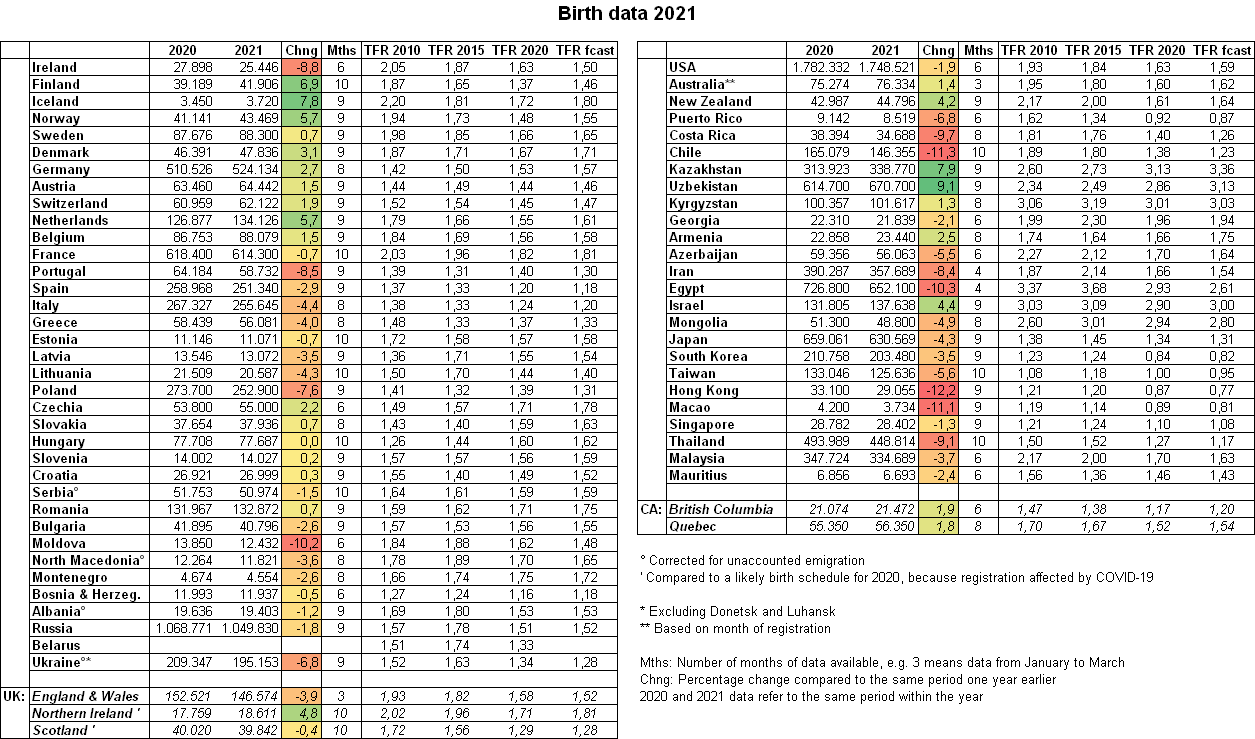Die Bedenkzeit für Schwangere vor einem Schwangerschaftsabbruch, die in vielen Ländern gesetzlich vorgeschrieben ist, funktioniert tatsächlich in vielen Fällen. Den Beweis liefert Irland. Nach Angaben des Gesundheitsministeriums änderten etwa 20 % der Frauen, die zunächst eine Abtreibung beantragten, ihre Meinung.
Die irische Verordnung, die seit Januar 2019 in Kraft ist, sieht vor, dass zwischen der ersten Beratung und dem chirurgischen Eingriff zur Entfernung des Babys aus dem Mutterleib eine Bedenkzeit von mindestens drei Tagen liegen muss. Dies ist der Fall, wenn eine Abtreibung im ersten Trimester der Schwangerschaft beabsichtigt ist, d.h. innerhalb der gesetzlichen Frist, in der eine Abtreibung ohne besonderen Grund erlaubt ist. Für Schwangerschaftsabbrüche im zweiten und dritten Trimester, z. Bsp. wenn eine diagnostizierte Fehlbildung des Fötus oder eine Gefährdung der Gesundheit der Mutter vorliegt, schreibt das Gesetz keine Bedenkzeit vor.
Auf Anfrage der Abgeordneten Carol Nolan, die sich sehr stark für den Lebensschutz engagiert, teilte das irische Ministerium mit, dass im vergangenen Jahr 6.455 Abtreibungen innerhalb der ersten 3 Lebensmonate des Kindes vorgenommen wurden, obwohl eine weitaus höhere Zahl von Schwangeren den Schwangerschaftsabbruch beantragt hatte: 8.057. Somit haben sich mehr als 1.600 werdende Mütter gegen eine Abtreibung entschieden und ihre Kinder zur Welt gebracht. Das sind fast 20 %, eine beachtliche Zahl, die zeigt, dass das geltende Gesetz zur Bedenkzeit seinen Zweck erfüllt.
Natürlich ist es möglich, dass einige dieser Mütter nach einer ersten Beratung in Irland dann im Ausland abgetrieben haben. Aber wenn dies der Fall ist, handelt es sich wahrscheinlich um einen sehr kleinen Prozentsatz, vor allem angesichts der Einschränkungen, die im letzten Jahr aufgrund von CoViD-19 sowohl in Bezug auf Reisen als auch auf den Zugang zu Gesundheitsdienstleistungen galten. Außerdem ist in Irland seit Beginn der Pandemie die Fernberatung durch Ärzte erlaubt und der Schwangerschaftsabbruch im ersten Lebensdrittel des Kindes wird in den meisten Fällen nicht chirurgisch in einem Krankenhaus oder einer Klinik, sondern durch Einnahme der Abtreibungspille RU486 zu Hause durchgeführt. Anders ausgedrückt, es gibt für Schwangere, die abtreiben möchten, kein wirkliches Hindernis, abgesehen von dieser Bedenkzeit.
Die vom Gesundheitsministerium veröffentlichten Daten sind wichtig, weil das irische Parlament in einigen Wochen die geltende Abtreibungsgesetzgebung und eventuelle Änderungen debattieren wird. Das Gesetz wird nämlich alle drei Jahre überprüft und zu den Bestimmungen, die die Abtreibungsbefürworter gerne abschaffen würden, gehört die obligatorische dreitägige Bedenkzeit, die ihrer Meinung nach ein belastendes Hindernis für die Entscheidung der Frau darstellt.
Die Daten zeigen jedoch genau das Gegenteil. Die dreitägige Denkpause dient dazu, die Gründe für eine Abtreibung abzuwägen und es sich manchmal anders zu überlegen, gerade weil eine solche Entscheidung (offensichtlich) irreversibel und tödlich ist. Da viele Frauen trotz starker Zweifel eine Abtreibung in Betracht ziehen, hilft ihnen das Innehalten und Nachdenken, Mut zu fassen und sich schließlich für das Leben und gegen den Tod zu entscheiden.
Eine solche Bedenkzeit ist in den Rechtsvorschriften vieler Länder verankert. In Italien zum Beispiel beträgt die Frist sieben Tage, mehr als doppelt so lang als in Irland. In Belgien sind es sechs Tage, in den Niederlanden fünf und in Spanien und Portugal drei. In Großbritannien hingegen gibt es eine derartige Regelung nicht, obwohl einer Umfrage aus dem Jahr 2017 zufolge 79 % der Bevölkerung die Einführung einer fünftägigen Frist befürworten würde.
Wer weiß, wie viele Leben durch eine übereilte Entscheidung beendet werden und wie viele Mütter ihre Entscheidung später bereuen und um ihre abgetriebenen Kinder trauern. Wenn, wie die Daten aus Irland belegen, ein Fünftel aller Schwangeren ihre Absicht nach der Erstberatung ändern, so ist dies gewiss auch auf die Bedenkzeit zurückzuführen. Die Abschaffung der Bedenkzeit würde bedeuten, allen die Entscheidungsfreiheit zu nehmen, auch denen, die Abtreibung für ein Recht halten.
Gerade die Frauen, die Abtreibung für ein Recht halten (und das ist nicht die gesamte Frauenwelt, ja vielleicht nicht einmal der Großteil), sagen, dass sie nicht „für Abtreibung“ seien, so dass eine Unterscheidung zwischen Pro-Life und Pro-Abtreibung irreführend wäre. Deshalb bezeichnen die Abtreibungsbefürworter sich selbst als Pro-Choice (als hätten Menschen, die Pro-Life sind, sich nicht für das Leben entschieden). Dieselbe Bewegung unterstreicht auch, dass alle, einschließlich derer, die Abtreibung für ein Recht halten, an sich für das Leben sind, nicht den Tod wollen und daher Abtreibung als eine Art letzten Ausweg betrachten. Sehr gut. Denn wenn das so ist, dann müsste doch die Frauenbewegung, die Abtreibung für ein Recht hält, die Bedenkzeit für Schwangere, die beabsichtigen, das Leben ihres Kindes im Mutterlieb auf irreversible Weise zu beenden, unbedingt befürworten. Und zwar eine möglichst lange Bedenkzeit.




